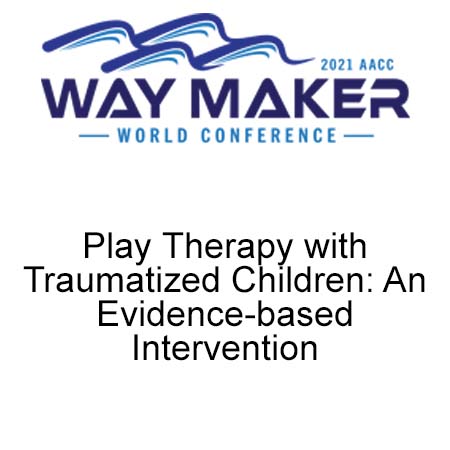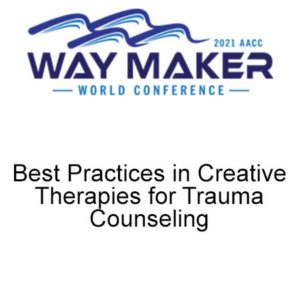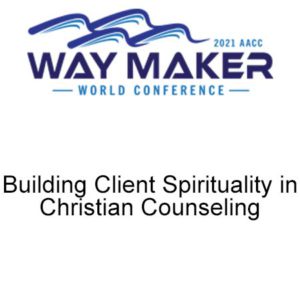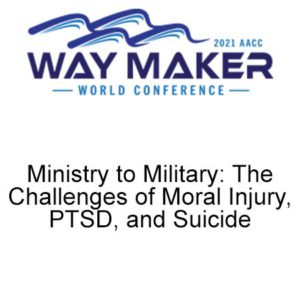Description
024: Play Therapy with Traumatized Children: An Evidence-based Intervention
Daniel Sweeney, Ph.D.
George Fox University
12753 SW 68th Ave.
Portland, OR 97223
Summary
Traumatized children need a therapeutic intervention that is both developmentally appropriate and empirically sound. Play therapy meets these criteria. Child-centered play therapy has specifically been demonstrated to be a strong and useful therapeutic intervention that honors the developmental level of children (Landreth, 2012). The neurobiological effects of childhood trauma are an important consideration. van der Kolk (2014) noted three dynamics that occur when clients recall traumatic experiences: 1) decreased activation of the prefrontal cortex (responsible for executive functioning), 2) decreased activation of the Broca’s area in the brain (related to language), and 3) increased activation of the limbic system in the right hemisphere of the brain (the seat of emotions). When traumatized clients are processing their trauma, they have considerable difficulty putting these experiences into words. An expressive intervention, such as play therapy, does not compel children to process in typical “talk therapy.” Play therapy counters these limitations of talk therapy, as it is fundamentally a developmentally appropriate intervention. Perry (2006) notes: “Simply stated, traumatic and neglectful experiences during childhood cause abnormal organization and function of important neural systems in the brain, compromising the functional capacities mediated by these systems…. Matching the correct therapeutic activities to the specific developmental stage and physiological needs of a maltreated or traumatized child is the key to success.” There is an increasing body of evidence that demonstrates that these assertions are not only theoretically appropriate but indeed evidence-based (Bratton, 2016; Bratton & Ray, 2016; Bratton & Swan, 2017). This includes several approaches to play therapy, including Child-Centered Play Therapy, Filial Therapy, Adlerian Play Therapy, Theraplay, etc. This workshop will include a discussion of play therapy as a developmentally appropriate child therapy intervention, child trauma dynamics, and current play therapy research.
Learning Objectives
Participants will:
• Describe play therapy and its rationale for therapeutic utilization
• Identify specific trauma issues that child clients experience
• Summarize the supporting empirical research on the use of play therapy with traumatized children for psychologists and licensed mental health professionals





